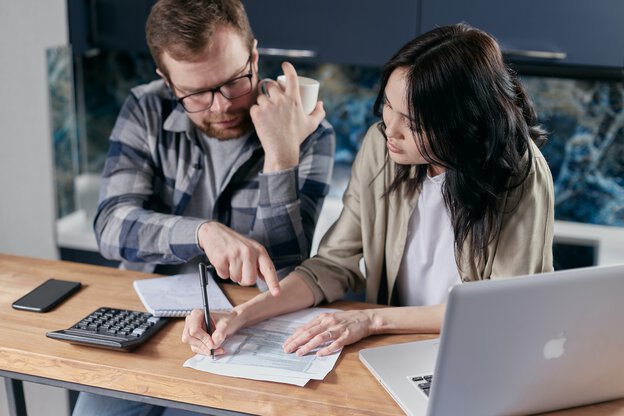Renter guide to reducing electricity and gas bills
We all rely on energy to keep ourselves comfy through hot summers and chilly winters. Many of us are also feeling the financial pinch of rising energy bills.
The Australian Energy Market Operator has exposed that the wholesale cost of electricity between January to March 2022 increased by over 140% in comparison to that time last year.
So how do you reduce your energy consumption to save money? We’ve outlined a few ways to do this below.
Draught-proof your rental home
There are inexpensive ways to insulate your home using items from your local hardware store. Seal any exposed areas, such as windows, with insulation tape and use door snakes to reduce airflow. You can also lessen heat loss by fitting thick curtains on windows. If there are any areas that require major insulation repair, you can contact your property manager and ask if they can organise for this to be repaired.
Turn off your wall sockets when not in use
It’s easy to leave appliances switched on all the time, but they actually draw power and use a significant amount of energy. The Australian Department of Energy has revealed that “standby power accounts for 10% of your household electricity use”. Appliances that are commonly left on include toasters, kettles, phone chargers, stereos, and game consoles.
Use a fan rather than an air-conditioner
Fans can circulate hot air and help keep your rental home warm during winter, and they use a lot less electricity. According to The Australian Department of Energy, “ceiling and pedestal fans cost around one cent per hour of operation and produce far fewer greenhouse gases than air-conditioners”.
Compare energy suppliers
Use Energy Made Easy, an Australian Government website where you can compare energy suppliers for free to help you control your costs. Some suppliers can have significantly lower costs for electricity which could help keep your energy bill low. Make sure to review this every 6 months to make sure you are getting the best deal.
Save energy when washing
Use cold water rather than hot water when using your washing machine at home, and make sure to do full loads, which also helps save water. If possible, you can also hang clothes on a hanger to dry rather than using a dryer.
Energy-efficient appliances
Try to purchase appliances, such as your fridge or washing machine, with high energy efficiency. You can see the Energy Rating Label, which determines how efficient the appliance is: “the more stars the more energy efficient”.
Turn lights off when not in use
Try to ensure lights are switched off in rooms when not in use. This could also include during the day if it is bright enough with natural light. You can also switch to more energy-efficient lighting by replacing old lightbulbs with LEDs & CFLs lightbulbs. According to The Australian Department of Energy, “CFLs use around 20% of the energy of an incandescent light globe and can last between 4 and 10 times longer”.
Discuss with your property manager
You can also ask your property manager if the owner would be willing to make some small energy-saving improvements to the rental property. This could include more efficient light fittings, insulation improvements, or solar panels. Read more about each state’s rental standards for energy efficiency:
- Victoria
- New South Wales
- Queensland
- Australian Capital Territory
- Western Australia
- Northern Territory
- Tasmania
- South Australia
Move house
Some homes are not designed energy smart given their aspect eg. west facing apartments without shade awnings or ventilation, conversely south facing homes. Despite all your efforts to conserve energy, sometimes moving house is the best option if energy bills are too expensive. Try to get an energy estimate on your prospective home before you move.
You may also like to read our guide to saving money as a renter.
